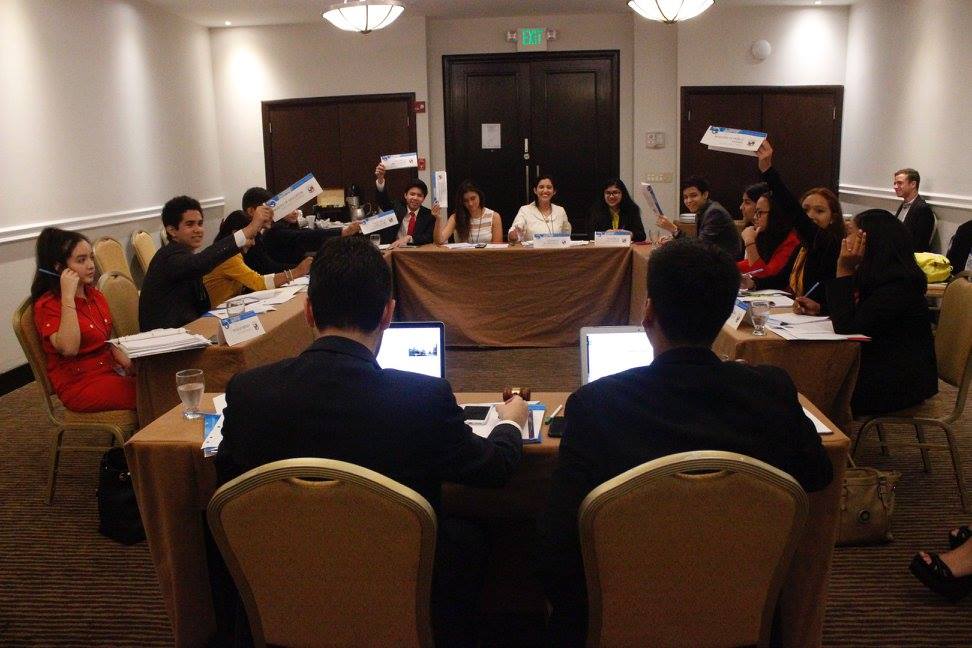This guest article was written by Rashmi Hemrajani, a current sophomore at The International School of Panama. She has participated in numerous MUN conferences in the past few years, including three iterations of Panama Model United Nations (PANAMUN). Rashmi has served in several roles in the MUN world, including delegate, conference administrator, and reporter.
Recently, I was able to take part in a relatively new phenomenon in Model United Nations: a historical crisis committee. With four years of MUN experience behind my back, I decided it was time to try something new. Through this experience I learned many valuable lessons that will help me succeed in historical crisis committees in the future – and I hope that these lessons help new crisis delegate to feel more prepared as well!

1. Be the first to take action.
First impressions matter in the world of MUN, more so in historical crisis committees. A crisis committee will most likely be quite small, meaning almost everyone will have several chances to speak. What this means is that you need to make sure you establish your leadership early on. This does not necessarily mean you are the one who speaks the most, but the one who delivers quality action plans in every intervention.
2. Send notes & write directives.
Establishing leadership does not only involve speaking – a big part of any crisis committee happens behind the scenes. As soon as the debate begins, start making connections with other delegates and start writing directives as delegates speak of solutions. This is what truly defines your ability to win awards.
3. The first crisis defines your role.
Usually, the beginning of committee is a short discussion of everyone’s opinion and thoughts on the issue as a whole. Before you know it, however, the first crisis has been announced. From experience, crises are largely surprising and difficult to prepare for beforehand. This is what is truly special about crisis committees and separates it from any other committee in the MUN world. You need to be able to rapidly and efficiently come up with solutions as problems present themselves.
4. Make sure to think on your feet.
Thinking on your feet is an essential skill for any MUN debate. However, in a historical crisis committee, where history is changed by your chairs, it is important to think critically and quickly about what would be the best course of action if an unreal event had actually occurred. Your role is to deliver solid quality solutions in a limited period of time after crises are announced.
5. Be confident and friendly.
Coming into a debate with the mentality of winning best delegate is acceptable, but coming in and writing everyone off as your enemy is not! A delegate who truly deserves the title of Best Delegate, is one who leads cooperation in the committee by confidently assuming the role of a leader. The best delegate in the committee does not ignore the thoughts and comments of others and only tries to advance their own agenda, but responds and adds on to the ideas of others in an effort to come up with solid solutions.
6. How to win the award
As previously mentioned, being the delegate that speaks the most will not assure that you win an award. However, what will make it more likely that you win is speaking when you have a worthwhile plan to share with your committee, constantly sending notes and directives to chairs and other delegates, and being overall, a friendly and cordial delegate. Do not work with the award in mind – work purposefully, and the award will come!
–
Interested in learning more about Crisis Committees? Sign up for the MUN Institute Crisis Program at Harvard University! The program starts on July 24th – sign up before July 18th for your chance to join in on the fun!

